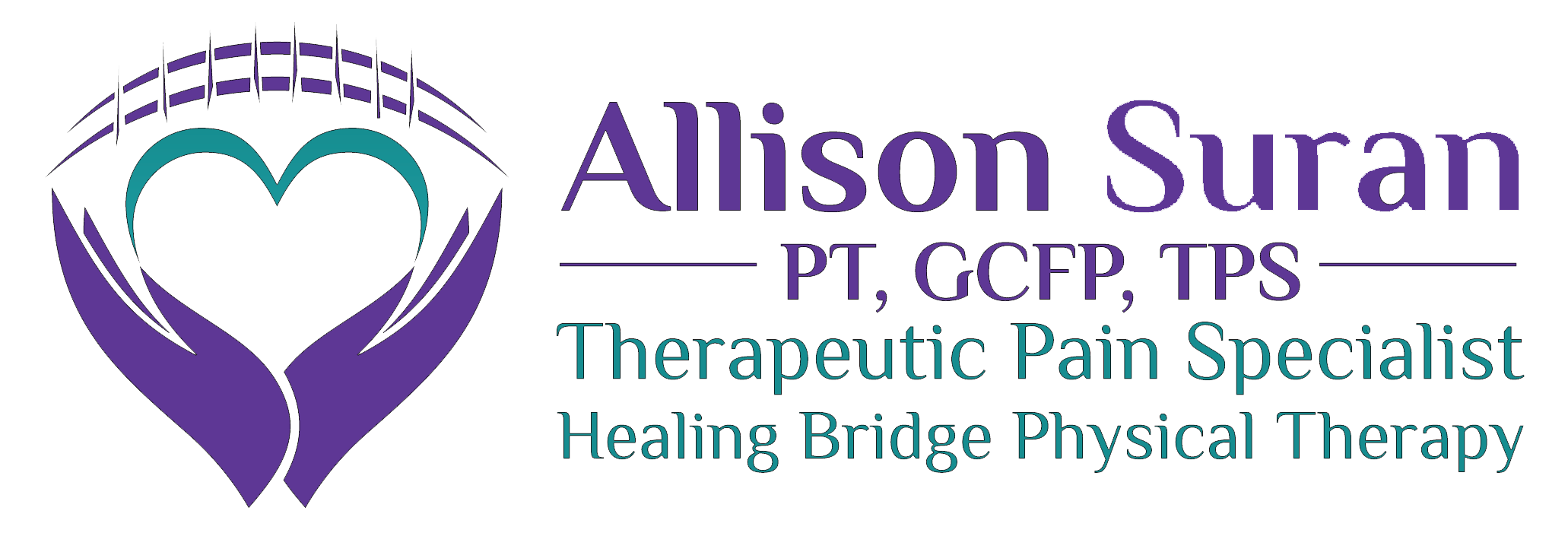Surgery Essentials
April, 2015
I’ve been a caregiver for a long time, and have had my share of in-patient and home health experiences but there’s truly nothing like being the patient to get a real understanding of how challenging it is to be fully dependent on someone else. I’ve come up with some things that no one would have every told me about, that may someday help any of you (or your friends) who may need surgery some day.
– Let yourself get lots of rest. Sleep well, nap often. That was my motto for the first 4-5 days (and may still be).
– “Bowel Program”: Know how to manage and what you’re going to take to avoid constipation. It will likely happen and it’s NOT FUN!
– Prepare your comfy chair. You’ll be doing a LOT of sitting/resting upon return. Not only do you want a chair for good reclining and leg elevation, but the ability to set up camp. At least that’s what I call it. My camp includes space for both my water bottle and tea cup, laptop, note pad, a plate now and then, tissues, etc. Think ahead so you don’t have to keep asking your caregiver for every little thing. As I’ve said, Scott is amazingly wonderful, but we’re in this for the long haul and I don’t want to burn him out.
– Use slip on slippers and I recommend finding some large socks that go on and off easily. I have these great fleece socks that I think are a men’s size, but realized they have been great for Scott, and now me, to be able to get on.
– Know and practice with what you’re using to walk around. I have two different sets of crutches and brought home a walker with a sitting bench. I found right away that I prefer the old fashioned crutches the most. As I’ve had more energy to move around more and get things for myself, I realized I needed a little bag on the crutches. We found a perfect smallish canvas bag. Lots of things would work like a fanny pack, or even just a plastic grocery bag. I still suspect the walker will come in handy for being able to place things on and in to carry to and fro.
– Practice going up down stairs or even a single step with your crutches (especially if you’re limited with how much weight through one leg). I’ve taught this oh so many times, practiced a couple of times before surgery, and it was still pretty daunting those first few times.
– Ankle Pumps. Do them. Keep your circulation moving even while very sedentary.
– Progress to gentle movement. I did notice my own fear and avoidance. Then I would breath and very gently, very minimal wiggle my leg a bit and have found I’m having very little pain! YAY for that! (and no narcotics since Saturday!).
– Bathing. This is probably the most difficult. I’m so grateful that we got the over the toilet commode (you can borrow them at no cost from your local VFW – Veteran’s of Foreign Wars). However, they did not have a bath bench, so we put the commode in the bathtub sideways, my legs over the edge of the tub. We used lots of towels but it is not the most comfortable for my bum. Fortunately we have a hand-held shower and little by little I’ve been able to get clean – again, with lots of help!
– If you are limited weight bearing on one leg, be prepared for the other leg to get tired. I believe it’s getting stronger every day, but was really surprised at my limited one-leg standing capacity due to fatigue.
If I had a #1 tip, it would be to have a great caregiver who really understands that you need to rest and that for at least the 1st few days, you really can’t do much of anything for yourself. I’ve had many moments where I’ve thought of past patients who I know did not have much assistance at home. I suspect they were not afforded the opportunity for the full rest and recovery that the body deserves after surgery. My heart goes out to all of them!

